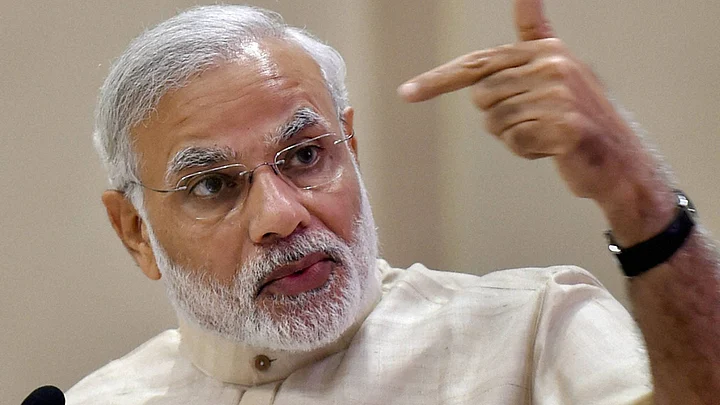Relaxing Labour Laws
- States will have to take the first step towards labour reforms, primary example being that of Rajasthan
- Government struggling to bring changes in some key legislations owing to numbers in the Rajya Sabha
- India needs more flexible labour laws in order to strengthen the manufacturing sector
- Need for a consensus on the issue of contractual labour
Labour Reform in India calls for a change in mindset from its staunchly socialist past. To come about, it must jettison its highly defensive anti-capitalist-pro-worker stance. The changed thinking needs to produce balanced legislation that helps the scaling up and facilitation of big and sophisticated manufacture, and the massive, well-paid employment it will engender.
In 1991, the infamous licence-permit raj that produced bizarre distortions too, was finally dismantled. And now, the Modi government, with the first majority mandate in over 30 years, seeks to usher in many elements of long awaited stage two of the structural reforms.
In this, attracting enhanced foreign capital, relaxing rigid labour laws, easing land acquisition/purchase, quickening the pace of granting government permissions, bringing the country under a single Goods and Services Tax (GST) regime, freeing up space for the private sector in insurance, auctioning national assets to the highest bidder, are all of a piece.
Changing Archaic Laws
In the matter of labour law reform so far, the most substantive beginning has been made at state level, with Rajasthan taking the lead, most notably its Factories Act, allowing establishments with up to 300 workers, from the previous 100, to unilaterally close down or dismiss workers; this without having to take the government’s prior permission. Maharashtra, Madhya Pradesh, Haryana and other BJP-ruled states are likely to follow suit, much to the annoyance of the trade unions.
The central government, on its part, wants to merge the Trade Union Act, The Industrial Disputes Act and the Industrial Employment (Standing Orders) Act into a single law for industrial relations going forward. However, it is hamstrung because of inadequate strength in the Rajya Sabha. This makes it difficult to pass any contentious legislation without opposition support. And the opposition sees labour reform as pro-business and anti-worker.
So far, therefore, the Centre has only managed to amend the Apprentices Act 1961, to boost the future trained work force, and do away with some reporting and register-keeping functions.
Manufacturing Affected
At the 46th Indian Labour Conference, which Prime Minister Narendra Modi inaugurated recently, he stated that future ‘changes in labour laws will be made with the concurrence of the unions’. This may have come from a desire not to open any new fronts as he braces for an expectedly stormy monsoon session of Parliament. But it may nevertheless be a difficult, if not impossible, ambition to fulfil.
India does however have some of the most rigid labour legislation in the world. As a consequence, most manufacturers prefer to stay small. A 2009 statistic from McKinsey & Co has an astounding 84% of Indian factories choosing to stay miniscule, even as manufacturing overall contributes just 16% to GDP out of the $2 trillion economy today.
This is tiny compared to China, that is now slowing down, but has had 32% of its GDP which has reached $10-12 trillion, coming from manufacturing. And China had no more than 25% of its factories employing less than 50 people in 2009. But then, manufacturers in India are probably afraid to grow, given the rigours of our labour laws, plus other extensive and oppressive red tape.
Another Distortion
The antipathy to labour reforms in manufacturing are immense, even though, in India, according to a recent Reuters report, “just 8% of manufacturing workers are in formal employment. The rest are short-term contractors who enjoy minimal security benefits.” This no doubt is another distortion meant to get around impossible labour laws. The indignity and unfairness of this practice of appointing ‘contract workers’ without rights caused violent riots in Haryana not so long ago.
But the allergy to reform doesn’t stop with manufacturing organisations alone. The Indian Railways, India’s biggest employer, involved in providing a service and manufacturing/engineering/maintenance/catering etc. has run into an early wall of opposition at the suggestions of the Bibek Debroy Committee. This from the trade unions, employees, its controlling senior bureaucracy, all the way up to the Railway Board.
Ultimately, this government may have to make do with as much labour reform as it can implement in the states, with ‘labour’ matters conveniently placed in the concurrent list. For bigger things, it may have to wait for a majority in both houses of parliament, perhaps post 2019.
(Gautam Mukherjee is a plugged-in commentator and instant analyser)
(At The Quint, we question everything. Play an active role in shaping our journalism by becoming a member today.)
